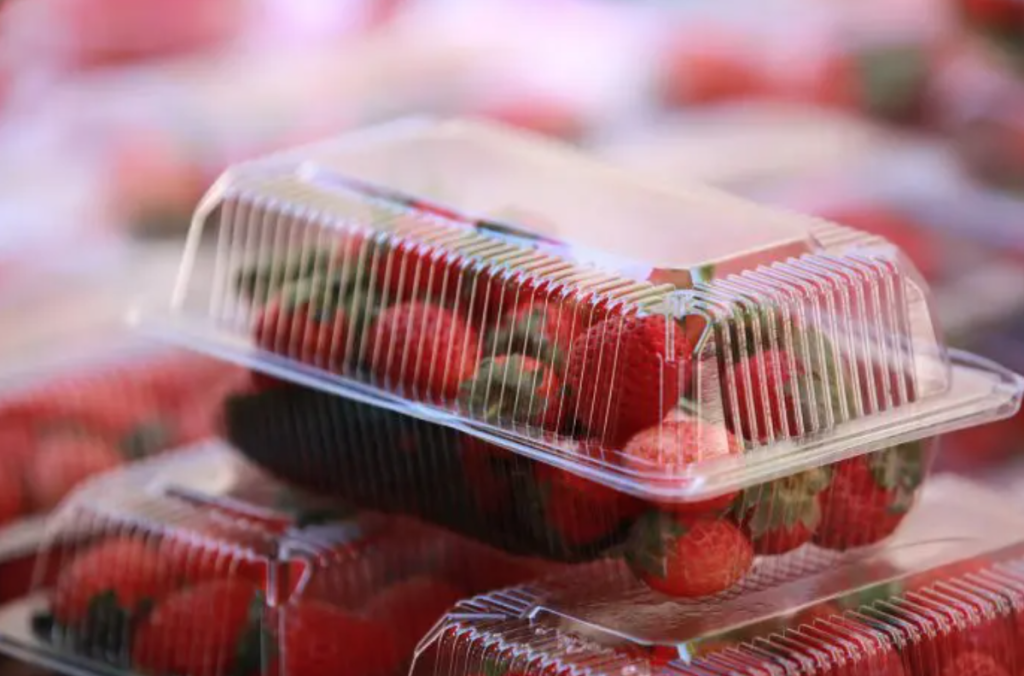The first concrete results of the EU directive on single-use plastics
(Sustainabilityenvironment.com) – While Italy clashes with the European Commission on the interpretation of the SUP directive (Single Use Plastics), France seems to have accepted the most stringent path to ban plastic packaging.
This is demonstrated by measures taken by AGEC, the French law against waste and the circular economy, which came into force in the New Year. Since 1 January 2022, in fact, began the ban on plastic packaging for fruits and vegetables at the national level. The rule, for now, will apply only to fresh, unprocessed products weighing less than 1,5 kg. However, some derogations are introduced for those fruits and vegetables that present a greater risk of deterioration.
What products will plastic packaging lose?
In detail, the ban will immediately affect about thirty foods, such as oranges, apples, pineapples but also carrots, potatoes and pumpkins. The abolition of plastic packaging will progressively cover new categories, with the first deadline of 30 June 2023 for food such as grapes and cherry tomatoes; a second on 31 December 2024 for products such as mushrooms, salad, cherries and blueberries; finally a third and final date of 30 June 2026.
But France will not be alone in its fight against plastic packaging. Spain has announced a similar ban in an attempt to lighten the 2 million tonnes of plastic used each year. Here too, the ban on packaging fruit and vegetables will apply to batches weighing less than one and a half kilos. The new law will enter into force from 2023 and will provide for measures to promote the sale of fresh products without packaging. For example, it will allow customers to bring their reusable containers to fill. The conditions of hygiene and suitability of such containers will be determined by the retailers.

